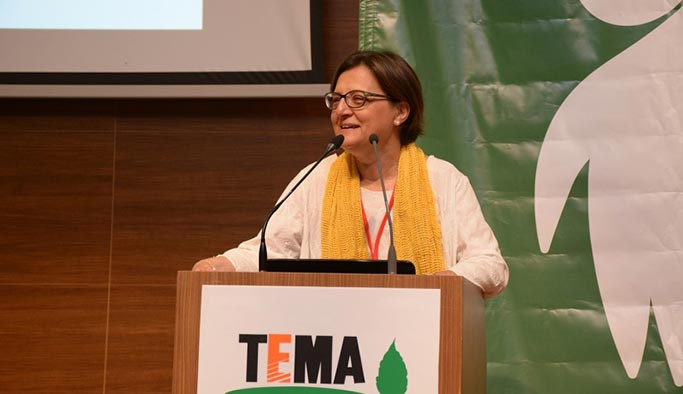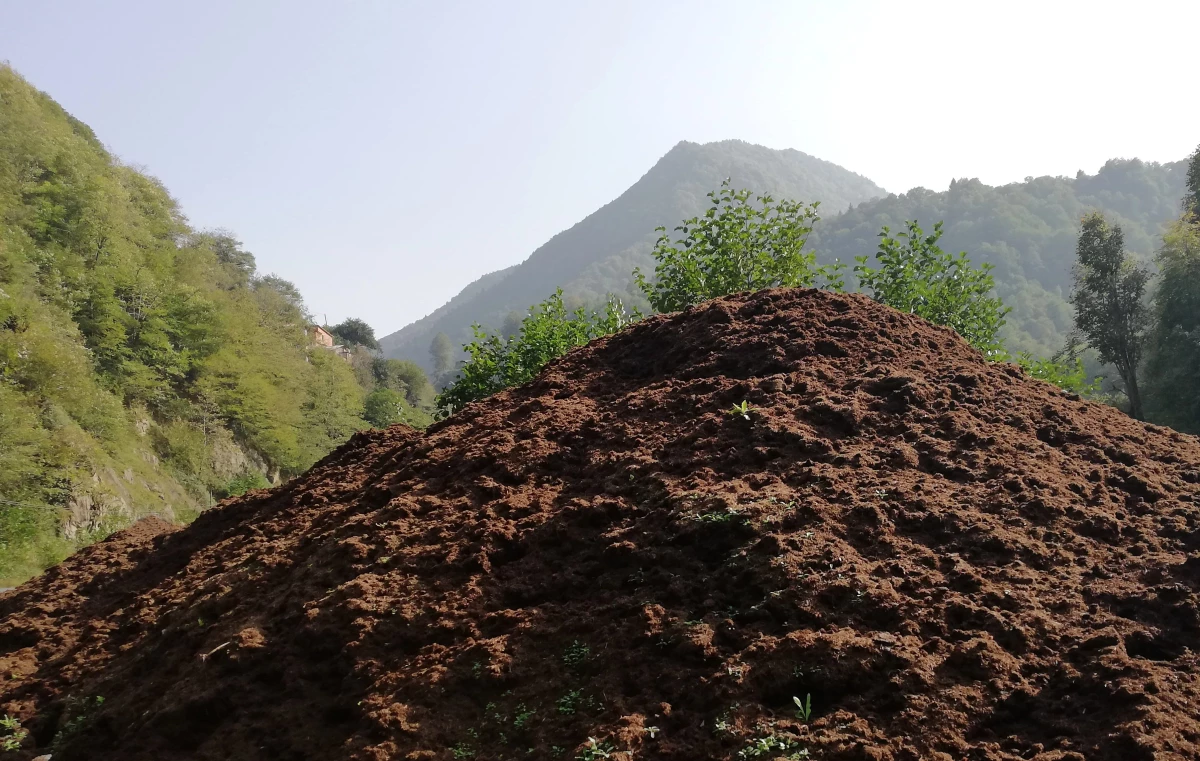DENİZ ATAÇ: TEA WASTE IS THE FOOD OF THE SOIL WHEN USED WITH COMPOST
Press release...
Tea waste from tea factories is the food of the soil...
Noting that the tea wastes produced during the production phase are fertilizers of tea-producing soils TEMA (The Turkish Foundation for Combating Soil Erosion, for Reforestation and The Protection of Natural Habitats) emphasized that tea wastes feed and heal the soil when used with compost.
TEMA Foundation Chairman Deniz Ataç said that a significant amount of tea waste consisting of garbage, fiber and dust is exposed in the process of obtaining black tea in factories and that it is beneficial for tea soils.

"About 20 percent of this is taken as dry tea. The remaining 5 percent tea waste is composed of organic materials such as plant waste, fiber and dust, which are described as tea waste and do not enter into tea packages. In the region where tea production is made, the total product obtained annually consists of 1.5 million tons of fresh tea. Therefore, approximately 75 thousand tons of tea waste emerges every year. These wastes, which contain significant amounts of nitrogen, phosphorus, potassium and micronutrients, contribute greatly to improving the physical, chemical and biological properties of the soil," Ataç stated.

"Most of such an important organic matter; energy is being burned for reasons such as storage, or reduce transportation costs. However, this rich organic material, which has been destroyed by burning, has the potential to fertilize 10 percent of the tea areas in the region each year. As TEMA Foundation, we have composted the tea wastes and applied it to the soil in the sample gardens by composting the tea wastes within the scope of 'Every Steep for Soil' which we conducted in cooperation with Doğuş Çay. In all of the areas we applied, we found that the yield is above the areas where chemical fertilizer is used. In this respect, we emphasize that the importance of zero waste and recycling is better understood and that the tea wastes produced during the production phase should not be burned and composted and used as fertilizer," she concluded...
Comments
Post a Comment